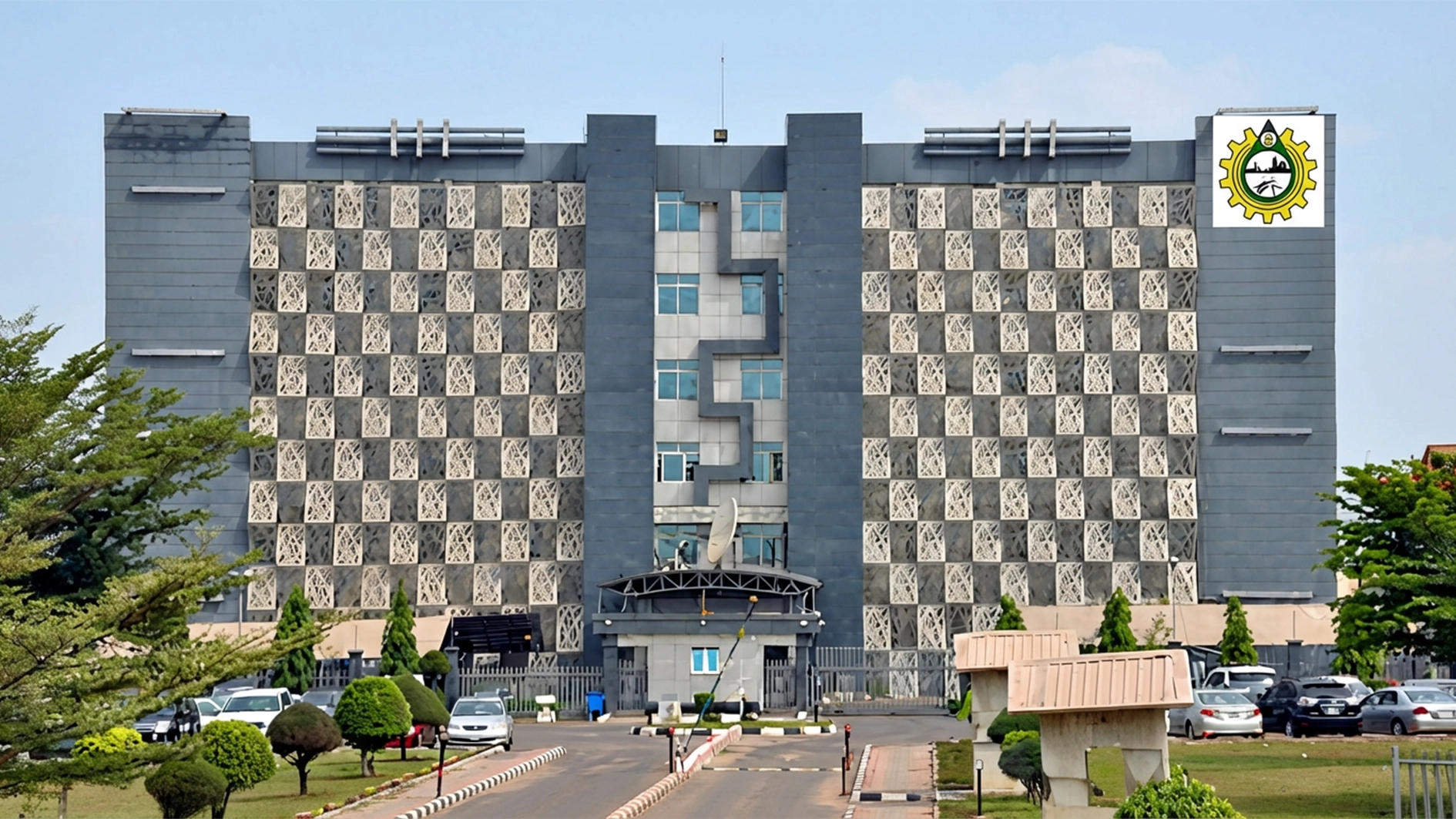Nigeria needs sustained actions to attract and retain investments in the gas sector to ensure economic growth and industrialisation, senior leaders of Shell Energy Nigeria have said.
Speaking at the third edition of the Gas Investment Forum held in Lagos, the company’s executives emphasised that investments in key infrastructure, consistency in policies and regulations, and strategic partnerships remain critical to unlocking the nation’s vast gas potential.
The General Manager, Shell Energy Nigeria, Markus Hector, and Managing Director, Shell Nigeria Gas (SNG), Ralph Gbobo, made the remarks at separate sessions of the conference.
In remarks delivered on Hector’s behalf by the Head, Portfolio, Regulation and Supply, Chuka Amos-Ejesi, during a panel session themed ‘Nigeria’s Decade of Gas Imperative: Driving Investments through IOC–Independent Partnerships’
“There is a clear strategic case for collaboration. IOCs bring international experience, deep capital reserves, and strong technical and risk management frameworks, while independents bring local insight, agility, and operational flexibility in the Nigerian context.” He noted that such partnerships must also build domestic capacity in engineering, supply chain, operations, and maintenance.
However, Gbobo highlighted SNG’s ongoing investments in infrastructure, including the development of gas hubs in Port Harcourt, Aba, Ota, and, most recently, Yenagoa, with plans to expand to other cities.
He described infrastructure as the backbone of Nigeria’s gas industrialisation journey, noting that investments in this area will not only improve access but also reduce costs and emissions, making gas a more viable option for industries and communities.
Gbobo further stressed that policy clarity and consistency are essential to attracting long-term capital, while effective collaboration is the catalyst for scale and innovation.
He added: “The opportunities are immense, gas will continue to support Nigeria’s energy transition, providing reliable power while displacing more carbon-intensive fuels, enhancing job creation, industrial diversification, and regional trade. The success of these levers will be a collaborative effort from both the public and private sectors.”
The Gas Investment Forum brought together industry leaders, policymakers, investors, and other stakeholders to explore investment opportunities across the gas value chain; upstream, midstream, and downstream, as Nigeria continues to pursue its Decade of Gas objectives.






